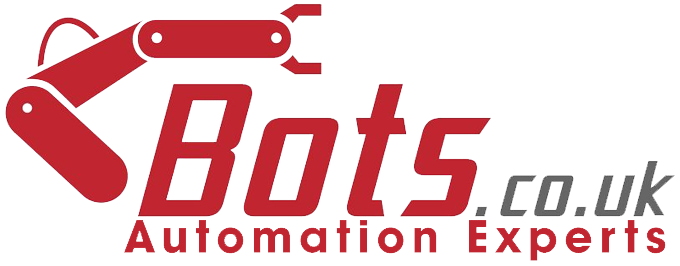How cobots are enabling people to work smarter
The words ‘automation‘ and ‘artificial intelligence’ are tinged with thoughts of robots taking people’s jobs, and humans becoming somewhat redundant in the manufacturing sector. Dystopian films and books have played a significant role in enabling this perspective, but is it actually realistic? Will AI and advanced robotics really ‘take’ our jobs?
Adaptation and evolution
Throughout history, humans have developed new technologies that allow society to develop and grow. The printing press, tractors, mobile phones and cars have all, at some point in the past, made some people’s jobs redundant.
The horse-drawn carriage rider would have been put out by the rise of the train in the same way that taxi drivers are currently upset by the meteoric rise of Uber. However, it is human nature to find ways of doing things more efficiently and effectively; sitting still, in this regard, is the same as going backwards.
And, what’s more, all periods throughout history were full of people espousing the same rhetoric. Fears around losing jobs have always been abundant, largely because most humans do not relish the idea of embracing change. They want to embrace the same routine and live a comfortable and unexceptional life. This is, however, not sustainable, so learning how to make the most of change is vital.
Huge opportunities
If a recent article published in Forbes is anything to go by, then around 500 million jobs around the globe are set to be directly affected by automation over the next five years. On the surface, such a statistic should be cause for concern, but if you dig a little deeper it really should give you a large degree of hope.
And cobots are central to this.
Cobots – which work in harmony with humans in the work environment – are designed predominantly to stop humans from having to do tedious, monotonous and dangerous tasks. They free up people to concentrate on creative disciplines, allowing them to add greater value to the company they work for. They are moving people away from roles that are unskilled, and giving them the change to reach their full potential.
The rise of cobots and other forms of AI will undoubtedly transform the work environment. Repetitive, low-skilled roles will gradually disappear, freeing up space and time for people to innovate. Cobots are here to stay, but they should not be viewed with trepidation; they should be welcomed with open arms.
